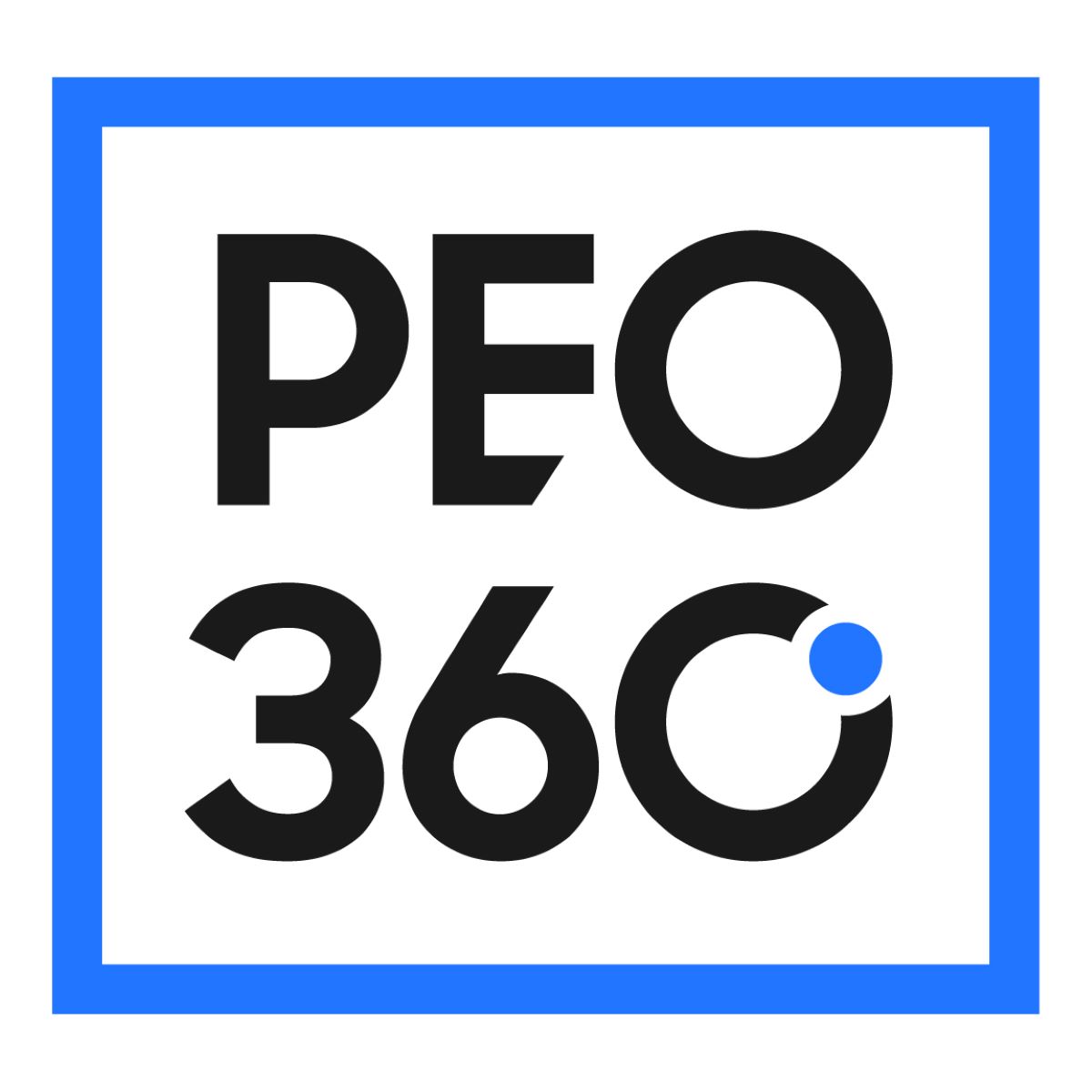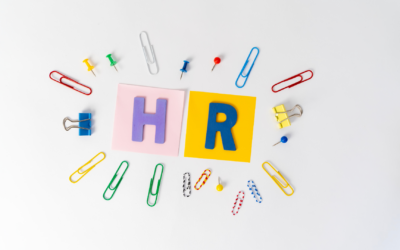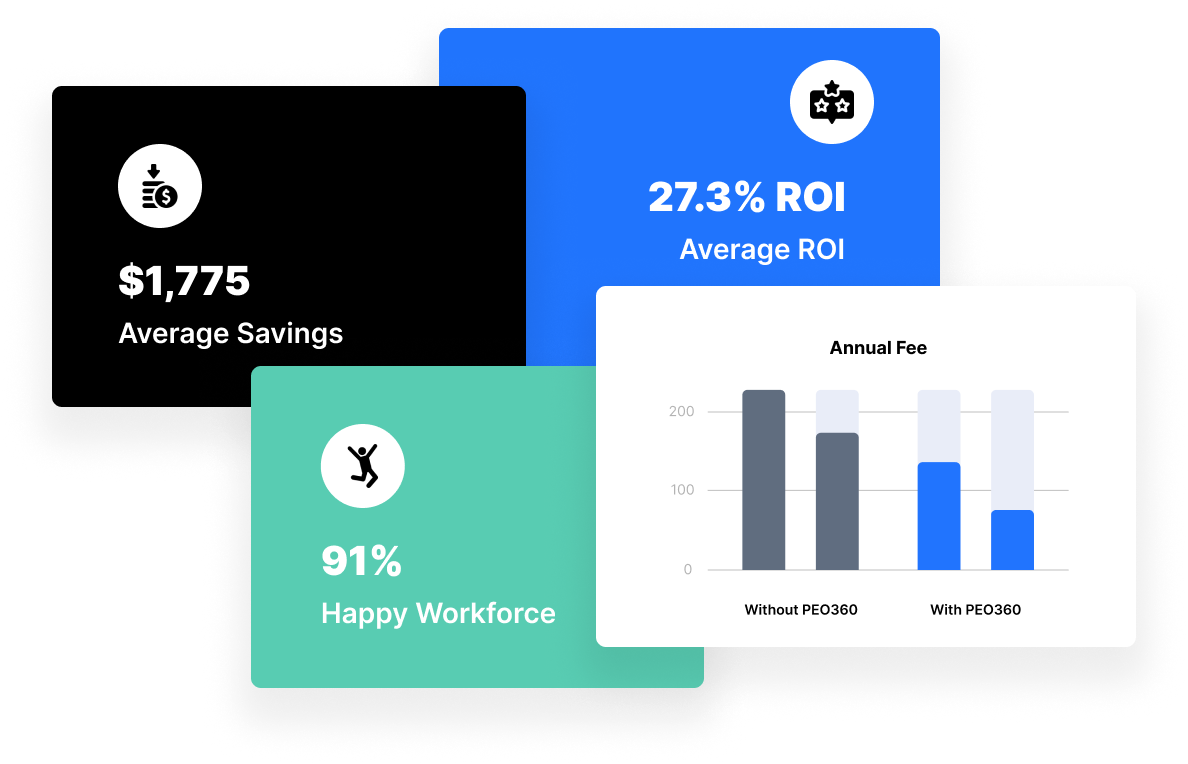Choosing the right time for benefit renewal is a crucial decision for employers. With the majority opting for a January renewal, it’s important to assess the advantages and disadvantages of aligning your company’s benefits renewal with the start of the calendar year. Here’s a detailed summary of the pros and cons of a January benefits renewal.
Pros of a January Benefit Renewal
1. Tax Considerations
Since many tax-related provisions and limits update at the beginning of the year, a January renewal ensures that benefits are in sync with current tax regulations. This can maximize tax advantages for both the employer and employees for benefits like Health Savings Accounts (HSA) and Flexible Spending Accounts (FSA).
2. Fresh Start for Employees
A January renewal coincides with a new year when many individuals set personal goals and resolutions. This timing can increase engagement with new or updated benefits as employees are more likely to consider their health and wellness at the start of the year.
3. Budgeting Benefit
Most January renewals will be received in September or October prior to the upcoming calendar year. This timing helps the employer with annual planning and makes it easier for employees to keep track of their deductibles and out-of-pocket maximums.
4. Industry Standard Compliance
With most companies opting for a January renewal, staying in line with industry standards can prevent complications that might arise from having an off-cycle renewal. It also makes it easier for new hires who are used to a January renewal schedule.
5. Better Employee Awareness and Engagement
Renewing benefits in January can capitalize on the heightened awareness about health and personal finance post-holiday season. Employers may find it easier to engage employees in benefits education and enrollment during this period.
Cons of a January Benefit Renewal
1. High Competition for Resources
January is a peak time for renewals, which can lead to high demand for services from benefits consultants, carriers, and brokers. This can result in slower response times and potentially less personalized service from overwhelmed providers.
2. Employee Overload
During the holiday season, employees might feel overwhelmed with the sudden influx of work and personal commitments. Introducing benefits enrollment during this busy time can lead to lower engagement and rushed decision-making.
3. Administrative Burden
The end of the year is typically hectic with closing accounts and other administrative tasks. Adding benefit renewals into this mix can increase the workload on HR departments, potentially leading to errors or oversights.
4. Budgeting Challenges
If not planned meticulously, aligning benefit renewals with the fiscal year beginning can create budgeting challenges. Organizations might find it difficult to predict costs accurately due to fluctuations in benefit usage and premiums that only become apparent later in the year.
5. Limited Flexibility
A January renewal doesn’t allow much flexibility for making changes based on the previous year’s data and trends. Employers may have less time to analyze the effectiveness of current benefits and make informed adjustments.
Conclusion
Deciding on the timing of benefit renewals requires a careful consideration of your company’s specific needs, the nature of your workforce, and the industry landscape. While a January renewal has distinct advantages in terms of simplicity and alignment with tax and calendar years, it also brings challenges, particularly related to competition for resources and administrative overload. Employers should weigh these factors and perhaps consult with a benefits specialist to determine the best renewal strategy for their organization.





